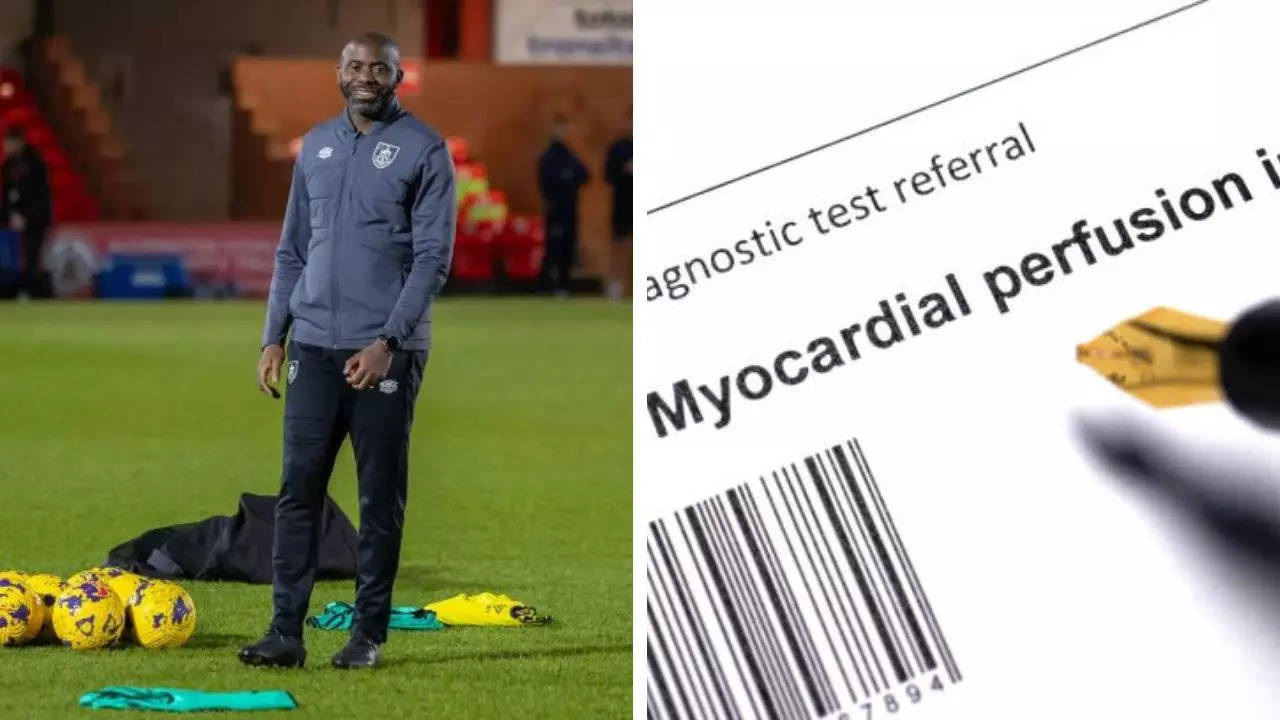Table of Contents

Doctors in the UK are worried over tens of thousands of Britons estimated to be unknowingly living with the silent heart condition that had nearly killed footballer Fabrice Muamba in 2012. According to estimates, nearly 40,000 people have undiagnosed hypertrophic cardiomyopathy – a life-threatening disease in which your heart becomes thickened making it harder for the heart to pump blood.
Experts say many people with hypertrophic cardiomyopathy don't realize they have it because either there are no symptoms or are very few and subtle.
In 2012, Muamba at the age of 23, had collapsed on the pitch while playing for Bolton Wanderers. According to doctors, his heart had stopped due to a cardiac arrest triggered by hypertrophic cardiomyopathy, but he was saved by quick-thinking medics at the pitchside.
Muamba had been a fit elite athlete before being struck down by his heart condition. The midfielder's heart stopped for 78 minutes before he could be fully resuscitated. However, since then, he has made a full recovery but retired from professional football shortly after the incident.
How does the thickening of the heart affect its working?
Doctors say the condition happens when the septum – the muscular wall that separates the left and right sides of your heart – becomes thickened, causing a narrow block that reduces blood flow from the left ventricle. The ventricles then begin to pump harder to overcome the narrowing or blockage, leading to hypertrophic cardiomyopathy.
It leads to stiffness in your left ventricle – causing pressure to increase inside your heart and may lead to other symptoms like:
- Chest pain
- Difficulty in breathing or breathlessness
- Dizziness or fainting
- Feeling that your heart’s beating too fast or palpitations
- Swelling in the lower part of your body or in neck veins.
The condition also blocks your mitral valve – which stops working due to outflow that increases pressure in your left ventricle. The blockage is the result of your mitral valve striking your septum – making it leak and causing the blood to go back into your left atrium.
According to experts, this heart problem often shows up during the teenage years, but it can start at other ages. Also, since hypertrophic cardiomyopathy cannot be cured – it can be controlled and steps taken to reduce the risk of a serious heart event.
What causes hypertrophic cardiomyopathy?
According to studies, there are many potential causes of hypertrophic cardiomyopathy, which include:
Genetics
Doctors say you can inherit hypertrophic cardiomyopathy from your parents and pass it on to your children – meaning that there is something wrong with your gene that codes the characteristics of the heart muscle.
High blood pressure
Hypertension makes your heart work harder to pump blood throughout the body, enlarging it.
Ageing
While usually cardiac hypertrophy happens late in life, mutations in the cardiac myosin-binding protein C gene are the most common cause of its late-onset
Ways to manage your cardiac health with hypertrophic cardiomyopathy
According to experts, hypertrophic cardiomyopathy cannot be cured – but can be controlled and steps taken to reduce the risk of a serious heart event. A few of these include:
- Risk identification and regular follow-up
- Lifestyle changes like quitting smoking and drinking eating a healthy diet and exercising regularly
- Taking your medications as prescribed by your doctor
- Getting heart screening done regularly

